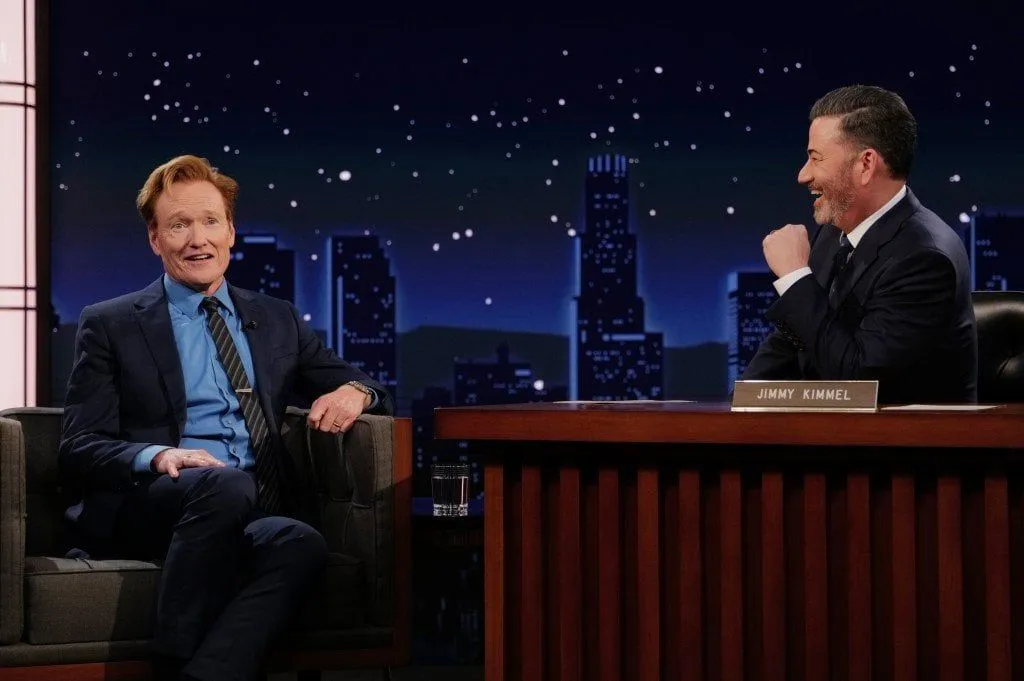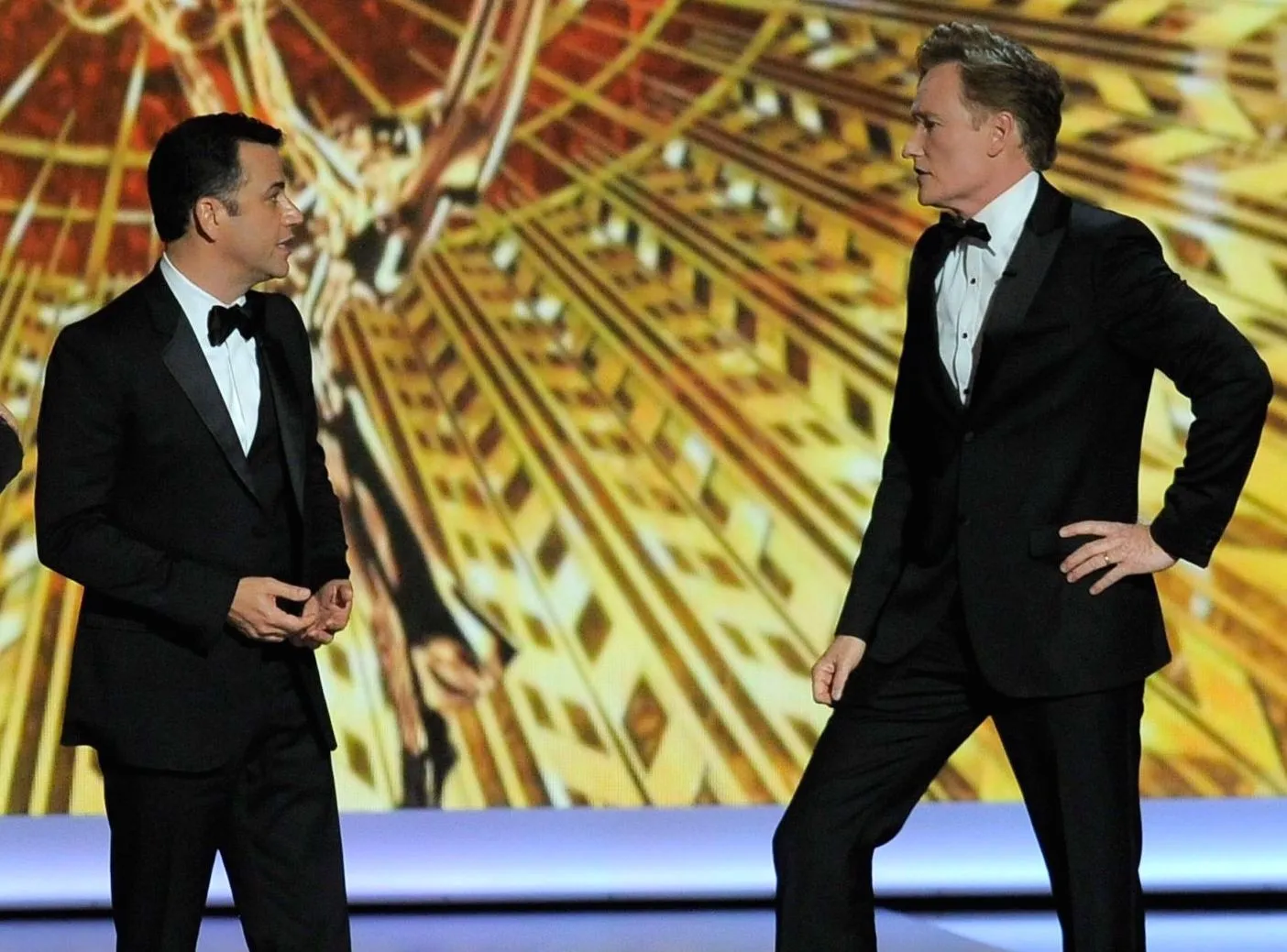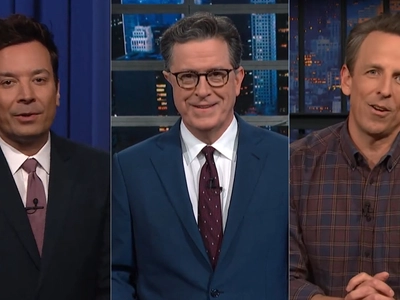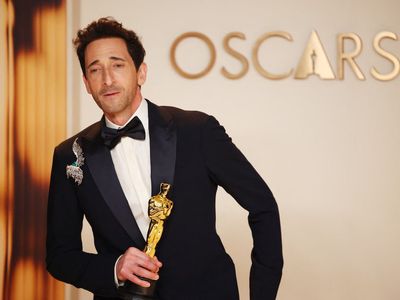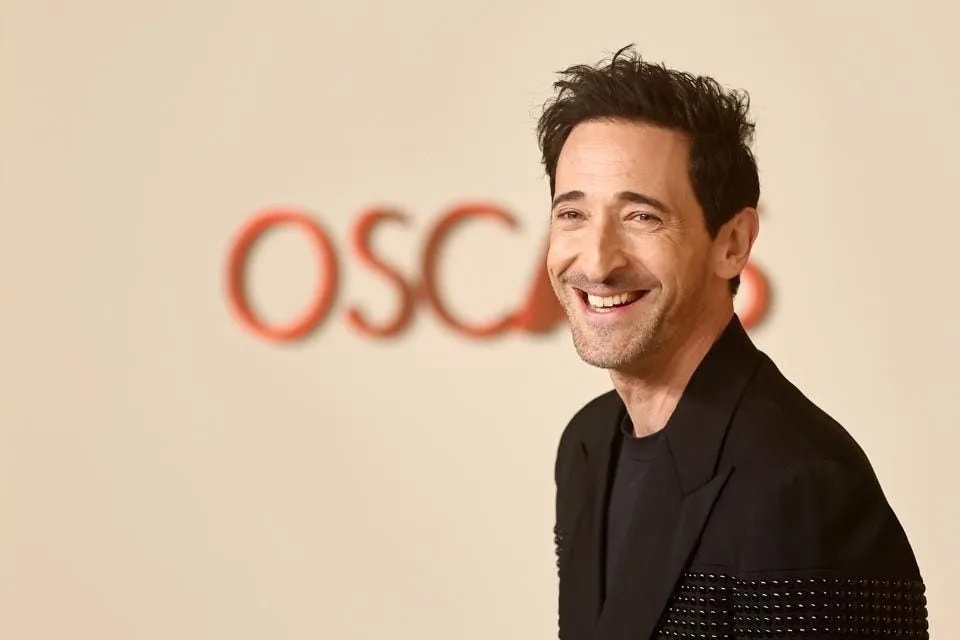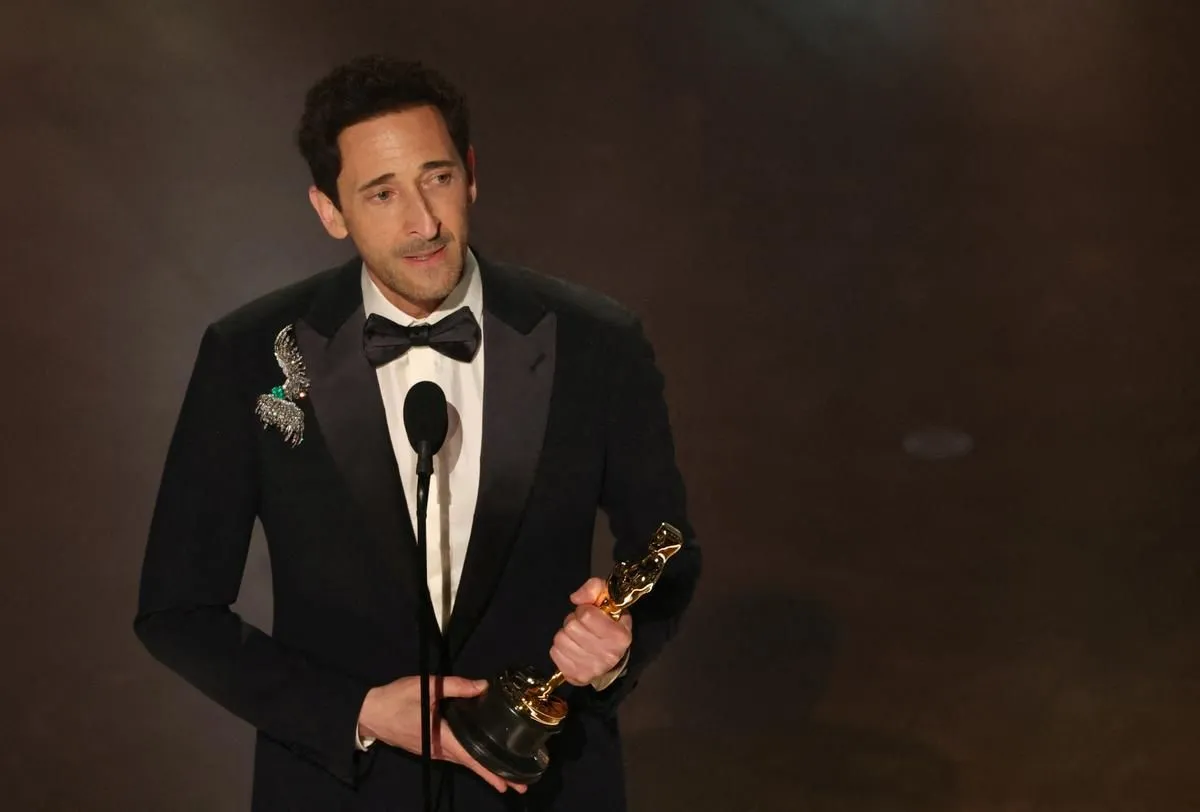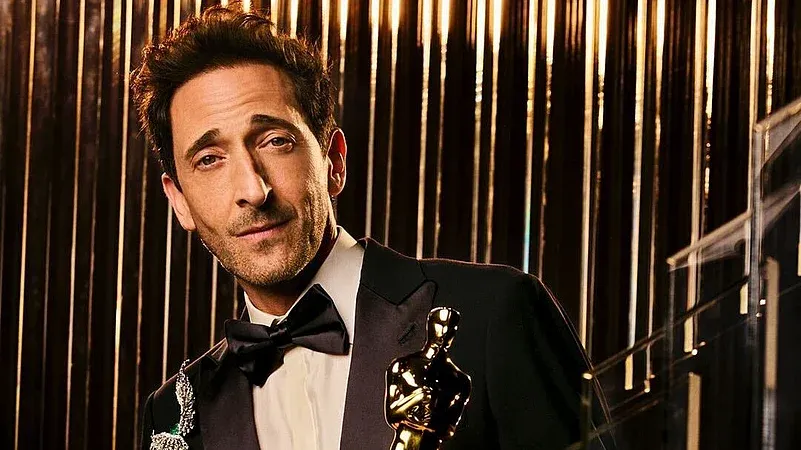The late-night television world was shaken to its core when CBS announced the cancellation of Stephen Colbert's "The Late Show," sending shockwaves through the entertainment industry. What happened next revealed the true character of late-night television: a brotherhood that transcends network rivalries and ratings wars.
The Solidarity That Surprised Everyone
When news broke that "The Late Show with Stephen Colbert" would end its run in May, the response from fellow late-night hosts was swift, emotional, and unprecedented. This wasn't just professional courtesy – this was raw, unfiltered support from comedians who understand the brutal reality of network television.
Jimmy Fallon, typically known for his diplomatic approach, didn't hold back on Instagram: "I'm just as shocked as everyone. Stephen is one of the sharpest, funniest hosts to ever do it. I really thought I'd ride this out with him for years to come. I'm sad that my family and friends will need a new show to watch every night at 11:30."
Jimmy Kimmel Drops the Gloves
But it was Jimmy Kimmel who delivered the most explosive reaction, one that had Hollywood buzzing and CBS executives scrambling. In a move that stunned industry insiders, Kimmel didn't just express disappointment – he declared war on the network itself.
"F*** you CBS," Kimmel posted, followed by a scathing assessment of the network's decision-making. "This is exactly the kind of shortsighted, idiotic move that's killing broadcast television. Stephen deserved better, and so do we all."
The post went viral within hours, with celebrities, industry professionals, and fans rallying behind Kimmel's bold stance. When was the last time you saw a major network host openly attack a competitor's parent company? This wasn't just support – this was revolution.
Seth Meyers Reveals His Deepest Fears
Perhaps the most revealing response came from Seth Meyers, who used Colbert's cancellation as a moment of brutal honesty about the precarious nature of late-night television. In a candid moment that few hosts would dare share publicly, Meyers admitted his own vulnerabilities.
"I'd worry about myself, mental health-wise, if my late show was canceled," Meyers confessed weeks before the Colbert announcement. His words now seem prophetic, highlighting the psychological toll that network decisions take on performers who pour their souls into their shows night after night.
Meyers' admission struck a chord because it revealed what we all suspected but rarely hear: behind the jokes and the celebrity interviews, these hosts are human beings whose careers hang in the balance of corporate boardroom decisions.
The End of an Era or the Beginning of Something New?
The unified response from Fallon, Kimmel, and Meyers represents more than just professional solidarity – it's a watershed moment that exposes the fundamental changes happening in late-night television. These hosts aren't just competing anymore; they're surviving together in an industry that's rapidly evolving.
Colbert's cancellation isn't just about one show ending. It's about the future of broadcast television, the power of streaming platforms, and whether traditional late-night formats can survive in an era of infinite entertainment options.
What This Means for the Future
The passionate reactions from Colbert's colleagues reveal a deeper truth: the late-night community recognizes that they're all in this together. When one falls, it sends ripples through the entire ecosystem. Kimmel's explosive response, Fallon's heartfelt tribute, and Meyers' vulnerable admission paint a picture of an industry at a crossroads.
As viewers, we're witnessing something rare – genuine emotion from entertainers who usually keep their feelings behind carefully crafted personas. The question now is whether this solidarity will translate into action, innovation, or simply serve as a touching farewell to the golden age of late-night television.
One thing is certain: Stephen Colbert may be losing his show, but he's gained something perhaps more valuable – proof that in an industry known for cutthroat competition, real friendships and mutual respect still exist. And that might be the most compelling story of all.
